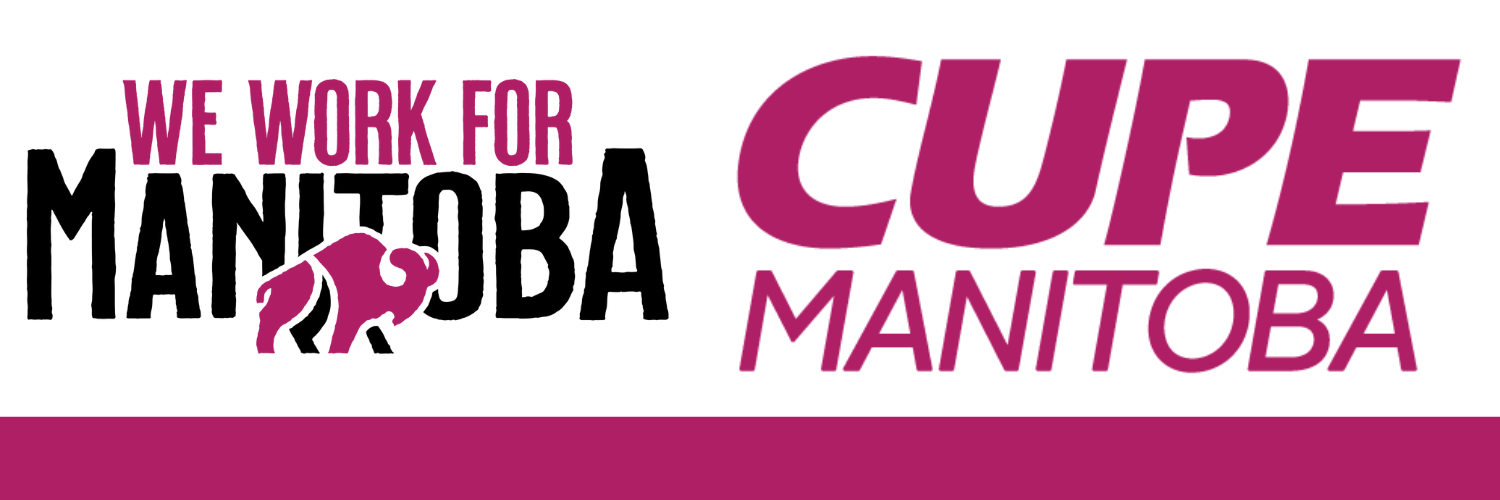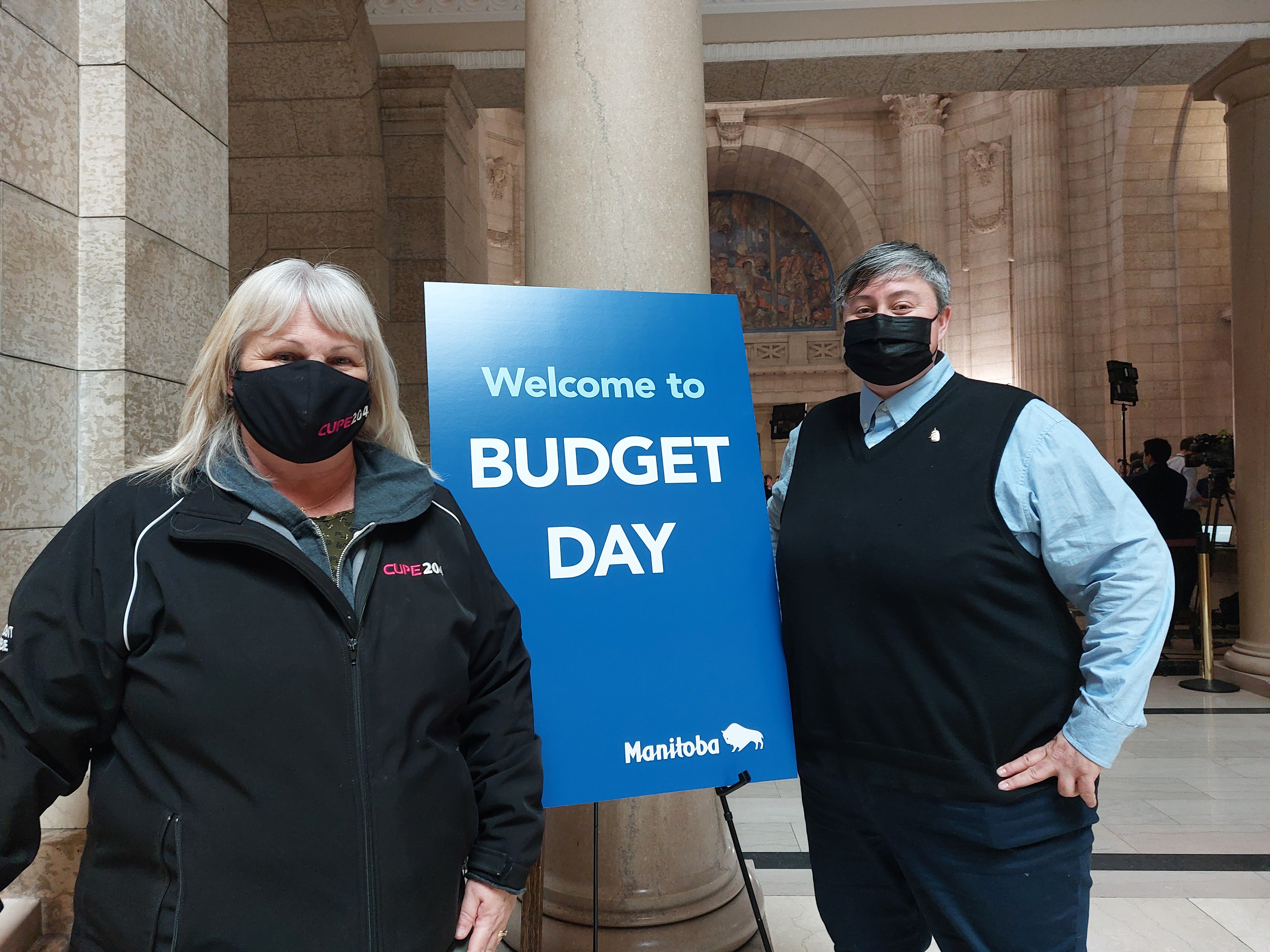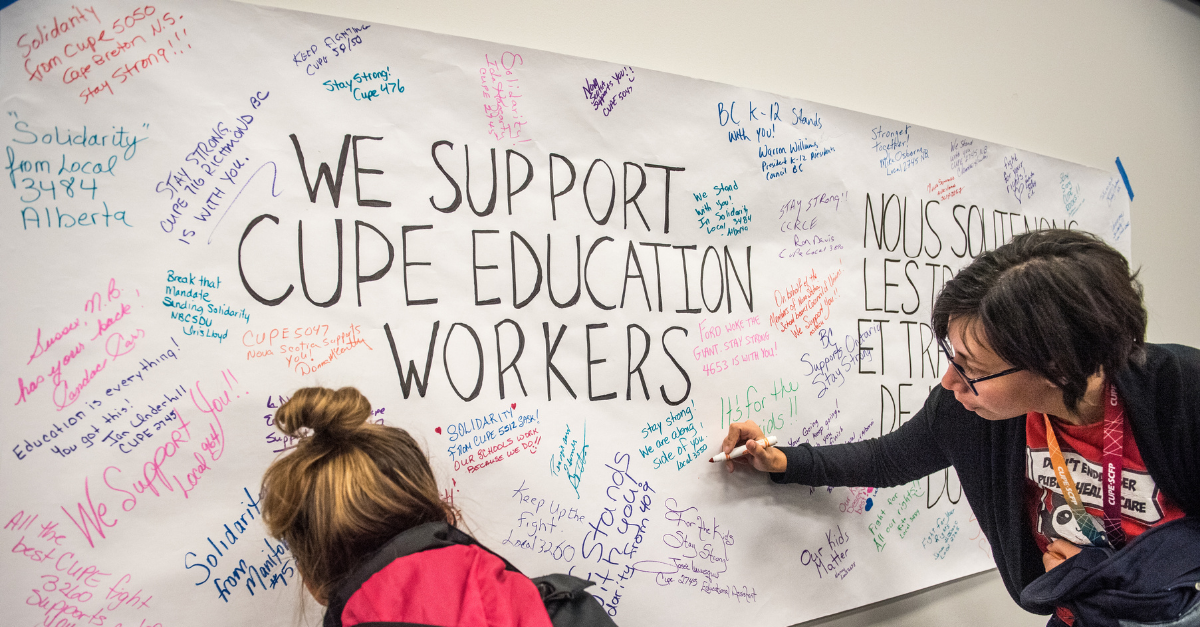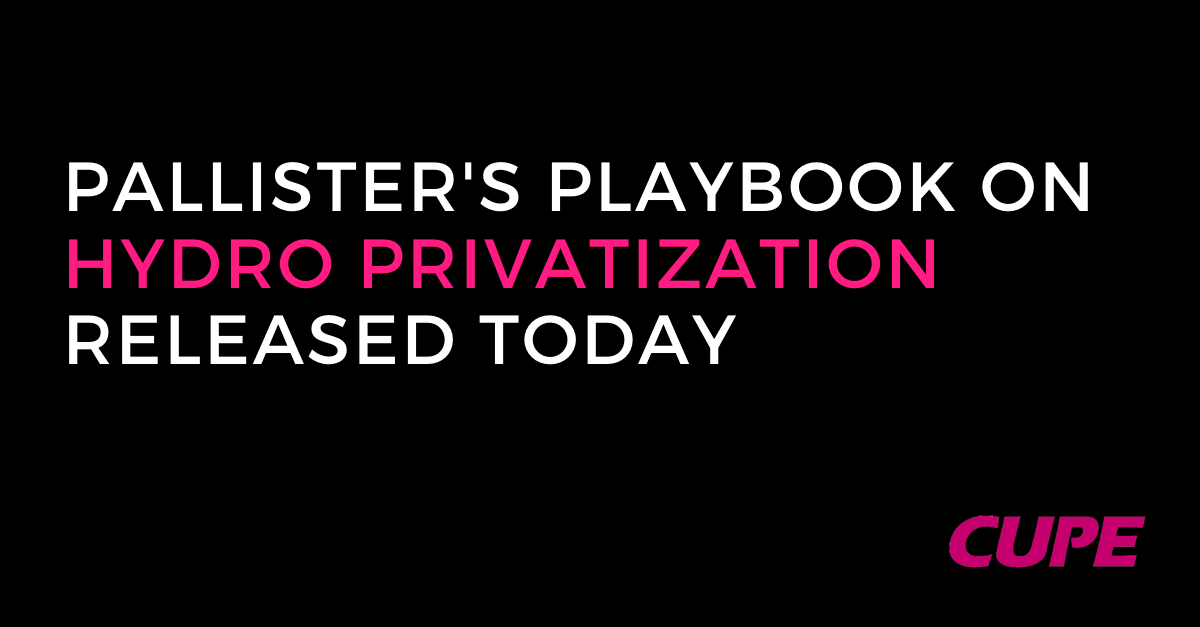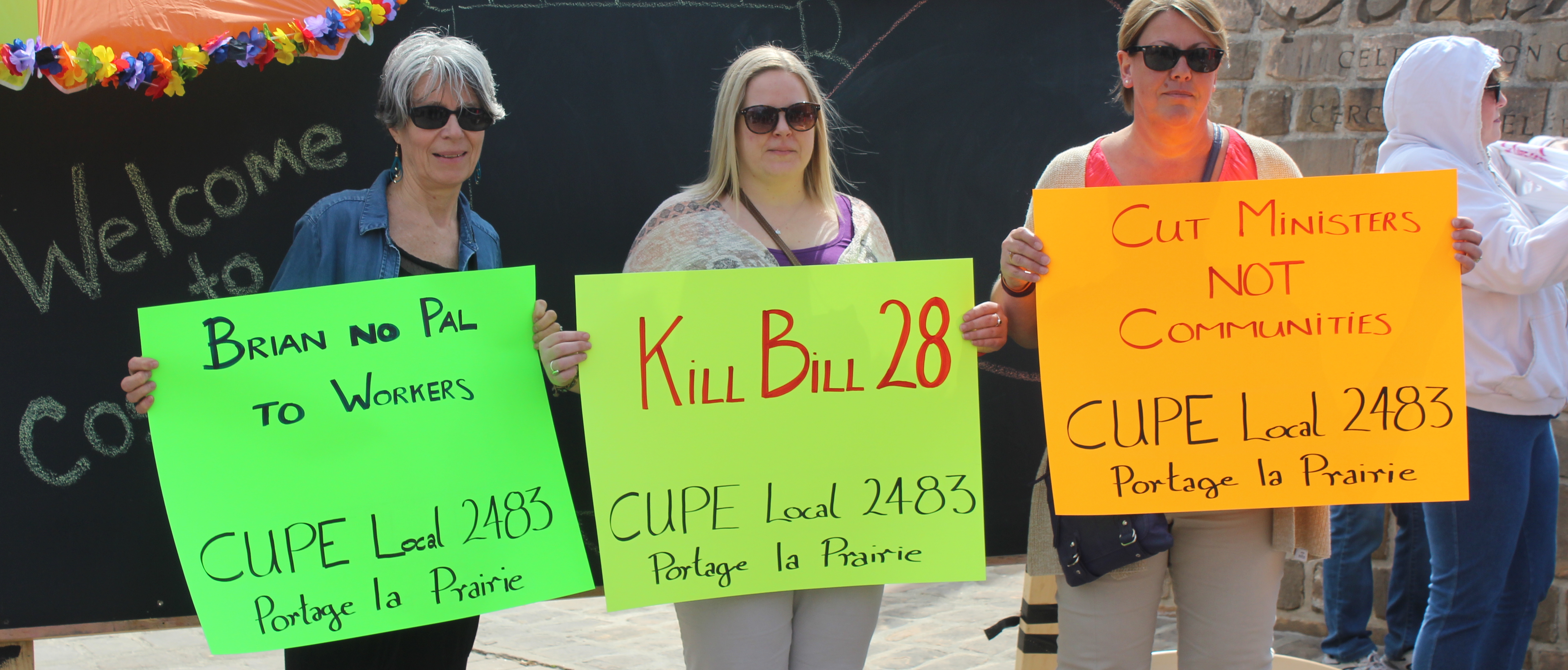The provincial election campaign has begun! Brian Pallister is breaking the rules on election dates and forcing a snap election one year earlier than set in law.
The good news? On September 10, we will have the chance to get rid of Brian Pallister and his anti-labour government, whose cuts and policies have been a disaster for working families in Manitoba.
The Pallister government has done so much damage to working families in three years that it can sometimes be hard to keep track, so we have compiled a Top 10 list to refresh your memory:
- Attacked collective bargaining:
Manitoba workers have the right to negotiate fair contracts with their employers. But in 2017 the Pallister government attacked that right for 120,000 public-sector workers by bringing in heavy-handed legislation that sets wage freezes in law for two years, followed by minimal increases of 0.75 and 1 per cent in the third and fourth years of a contract. Manitoba’s labour movement is taking the Pallister government to court over this unconstitutional legislation, but voting them out on September 10 would be a much quicker way to get rid of this law and let Manitoba’s dedicated public-sector workers get back to the bargaining table.
- Made it harder to join a union by eliminating card check:
Brian Pallister and his government can’t stand unions because they know that unions are one of the best checks against their plans for cuts and privatization of services. Time and time again, they have shown they are firmly on the side of their corporate friends, not working people. That is why one of their first acts in government was to make it harder for workers to decide to join unions by signing a union card. By getting rid of the card check system, Pallister is forcing workers to vote two times, instead of just one, allowing more time for employer interference and intimidation.
- Created total chaos in our health care system:
Health care is on the minds of many voters these days, and for good reason – the Pallister government has created chaos in our health care system, through cuts, emergency room closures, and their unwillingness to listen to front-line workers who know how the system works. They’ve closed both the Concordia and Seven Oaks ERs well before originally planned because they no longer had enough staff to operate. And health care workers are facing mounting stress due to mandatory overtime, unsafe staffing levels, and this government’s misguided plans. Look at the damage they’ve done to health care in just three years, imagine what they with another four. Let’s not give them the chance.
- Legislated the minimum wage at poverty levels:
No one should work full-time and live in poverty. But that is exactly what is happening to thousands of workers right now in Manitoba, because the Pallister government is keeping the minimum wage at poverty levels.
Contrary to the myths, most minimum wage workers are adults, and the majority are women. Thousands of families are forced to make tough choices between paying the rent and buying groceries, because our minimum wage isn’t enough to allow people to make ends meet, even with a full-time job.
Pallister has put Manitoba’s poverty-level minimum wage in legislation, and capped any increases to a maximum of inflation, guaranteeing that minimum wage earners will never reach or exceed the poverty line.
- Weakened workplace health and safety protections:
All workers deserve to be safe on the job, and to come home to their families and loved ones. That’s why our labour movement has pushed to make Manitoba’s workplace safety and health laws some of the strongest in the country. But the Pallister government is weakening health and safety protections instead of making them stronger.
They’ve made deep cuts to workplace health and safety enforcement, meaning there will be less focus on keeping people safe on the job, and they have eliminated the minister’s advisory council on health and safety and the Brandon and District Worker Advocacy Office.
Pallister has ignored the advice of labour (and even business) and set the minimum working age at 13 years old, meaning kids can get permits to work in Manitoba a full-year younger than kids in Ontario and Saskatchewan can.
He’s lowered the standards for hearing testing on the job, even though hearing loss is one of the most common workplace injuries. And his government is even talking about watering down Manitoba’s standards for protecting workers from harmful chemicals.
- Failed working families looking for child care:
Parents are facing unnecessary stress because affordable, high quality child care is so hard to find. This makes it harder for parents – especially women – to get back to paid work, and it hurts our economy.
The Pallister government is failing hard-working families:
- Wait lists are at record highs, and convenient child care options are hard to find.
- Child care fees are putting a squeeze on household budgets.
- Poor wages and working conditions are making it difficult to recruit and retain early childhood educators.
- Privatization of public services:
We all know how much Conservatives love to privatize public services. If there is a chance to line the pockets of their corporate friends, they’ll jump at the opportunity.
Despite evidence that privatizing air services will compromise safety and quality, the Pallister government has privatized provincial water bombers and the Lifeflight air ambulances.
Now, they are looking at privatizing more liquor sales and have even brought in two architects of the privatization of BC Hydro to look at what they can do to Manitoba Hydro. We can’t give the Pallister government the chance to privatize Manitoba Hydro like the Conservatives did with MTS.
- Unfair labour practice at the University of Manitoba:
In 2016, the Pallister government directed the University of Manitoba to commit unfair labour practices in its negotiations with the University of Manitoba Faculty Association. As a result, the Manitoba Labour Board ordered the U of M to pay up to $2.4 million in damages and issue a formal apology for its actions.
While UMFA came to the table prepared to work out a fair deal that focused on providing the best possible education to U of M students, the University followed the Pallister government’s orders and forced faculty out on the picket lines, disrupting student schedules, and postponing exams.
- Underfunded education:
The Pallister government has continually underfunded our K – 12 education system, meaning there are not enough resources for students and teachers. Class sizes are going up, and it is only a matter of time before the Pallister government sets its sights on education restructuring, doing the same to schools and education workers as it has to hospitals and health care workers.
They are also making life more expensive for post-secondary students and their families by jacking up tuition while cutting back on funding to universities and colleges. You can’t build opportunities for young people here at home by putting education and training opportunities out of reach for working families.
- Changed election laws to benefit Conservatives:
The Pallister government has made a number of undemocratic changes to Manitoba’s election laws to help their party. They have made it harder to vote for Manitoba citizens who do not appear on the voters list and who already face a number of barriers to obtaining government issued identification.
They have restricted the ability for concerned groups and stakeholders to raise issues during the campaign period. Election campaigns are a time to raise the things that are important to working families, to Manitobans. We believe that before Manitobans go to the polls, they should have an idea where all parties stand on the issues that matter to them.
Finally, the Pallister government has made it easier for their wealthy friends to influence the political system by raising the personal donation limit to $5,000 and gutting public financing for all political parties.
A healthy democracy is based on fairness and equality. Unfortunately, Brian Pallister only makes decisions in the interest of his party and its corporate friends.
Pallister’s future plans:
The Pallister government has already signalled it will be making more decisions that will hurt working families if they are re-elected.
This summer, they announced that they want to make changes to Manitoba’s pension system but they will be keeping them secret from Manitobans until after the election. Proposals like loosening unlocking provisions and ending the long-established principle of universal participation appear to be on the table.
It is also troubling that they made this announcement right before they called an early election. Their refusal to provide any details through the tabling of legislation means that Manitobans will not get to see the specifics of their plan for pensions before they cast their ballots this fall. All workers deserve to be able to retire from working life with dignity and financial security. Voters should have a clear understanding of the Pallister government’s plan for their pensions before they go to the polls.
They have also pledged to bring back legislation to ban Project Labour Agreements (PLAs) if they win re-election. We know that PLAs deliver high quality and good wages that support local jobs. These agreements have been used on major infrastructure projects since the 1960s, consistently delivering great value for Manitobans. But Brian Pallister and his government refuse to let the facts get in the way of their ideological agenda.
In Solidarity,
Kevin Rebeck
President of the Manitoba Federation of Labour
A message for CUPE members, August 11, 2019
